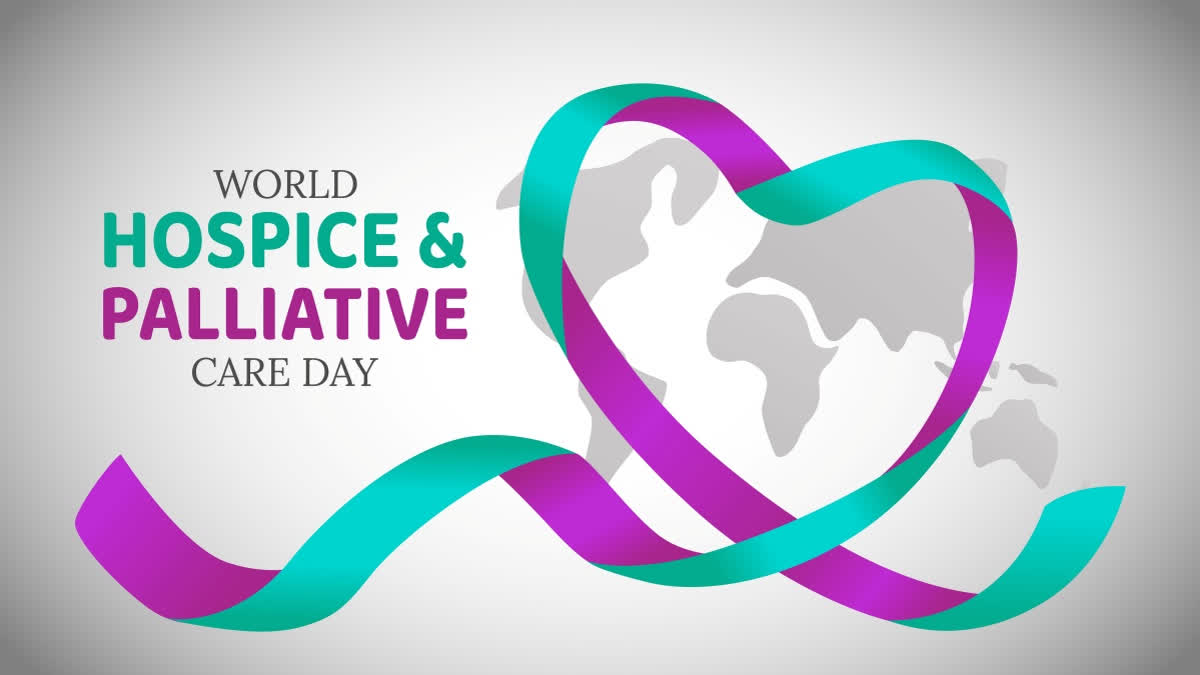Hyderabad:Every year, the World Hospice and Palliative Care Day is observed on every second Saturday of October. This year, World Hospice and Palliative Care Day (WHPCD) is being observed on October 12.
Many hospice and palliative care organisations hold a variety of events on this day. These events focus on the importance of hospice and palliative care. Events include webinars, live discussions, film festivals, concerts, walks, community breakfasts, and conferences.
History of world hospice and palliative care day:
World Hospice and Palliative Care Day (WHPCD) was first celebrated in 2005 by the Worldwide Hospice Palliative Care Alliance (WHPCA). The day is celebrated to raise awareness and advocate for improved access to hospice and palliative care.
Theme of the year:
The WHPCD theme for 2024 is'Ten Year’s since the Resolution: How are we doing?'.The year 2024 marks 10 years since the World Health Assembly (WHO’s Governing Body) passed the only stand-alone resolution on palliative care, calling for all countries to "strengthen palliative care as a component of comprehensive care throughout the life course." This is what inspired the theme for 2024.
Purpose of the day:
The goal of WHPCD is to increase awareness and support for hospice and palliative care services globally. To urge healthcare professionals, policymakers, and communities to support fair access to hospice and palliative care.
To emphasise the significance of hospice and palliative care, and the requirements of individuals with severe illnesses.
To raise money in order to provide support for hospice and palliative care services.
About Hospice and Palliative Care:
Palliative care:Palliative care is defined by the WHO as a method to raising the standard of living of patients who are experiencing difficulties related with terminal illnesses by preventing and alleviating suffering via timely detection, evaluation, and management of pain and other troubling psycho-social, and mental issues.
Palliative care can start at any stage of a severe illness, even while the patient is undergoing treatment. The goal of palliative care is to alleviate symptoms and enhance quality of life. A team consisting of doctors, nurses, counsellors, and social workers can offer this service.
Hospice care:
A particular form of end-of-life care is typically given to patients who have ceased treatment for their condition and are estimated to have six months or less to live. Hospice care may involve offerings like emotional and spiritual aid, pain management, and assistance with advanced care preparation. It is commonly offered by a group consisting of family members, visiting nurses, chaplains, and social workers.
Hospice care focuses on the patient and provides various services like pain relief, symptom management, emotional and spiritual assistance, support with daily tasks, and help for the patient's family.
Hospice care is most often given in the home. But for some people, being at home isn’t possible. So hospice care can also be given in a hospital, extended-care facility, or inpatient hospice.
